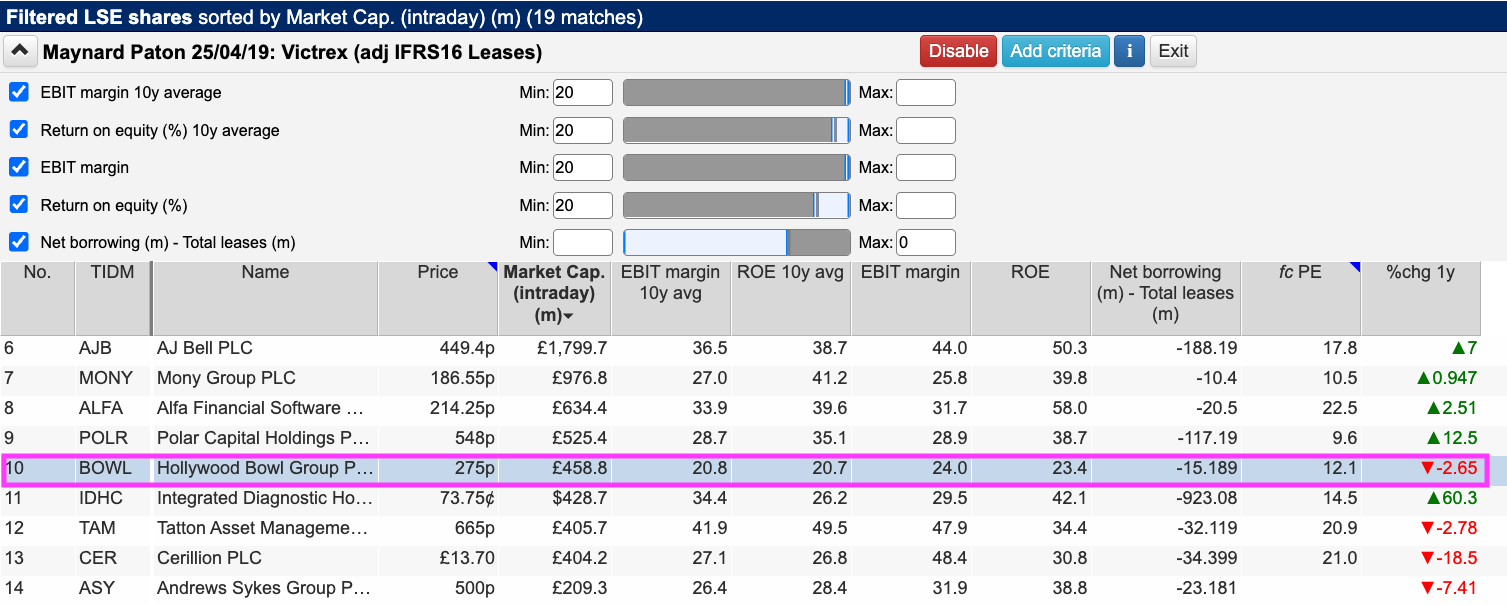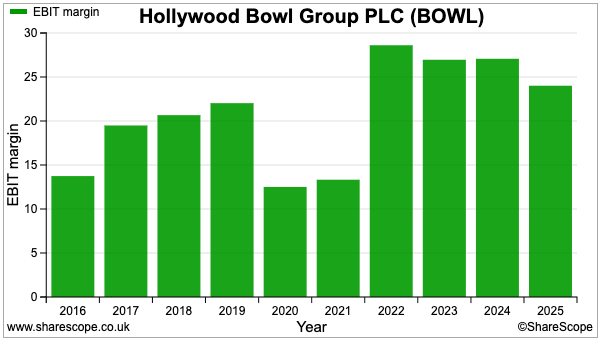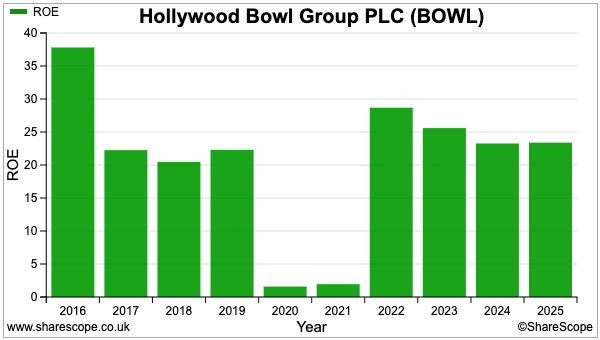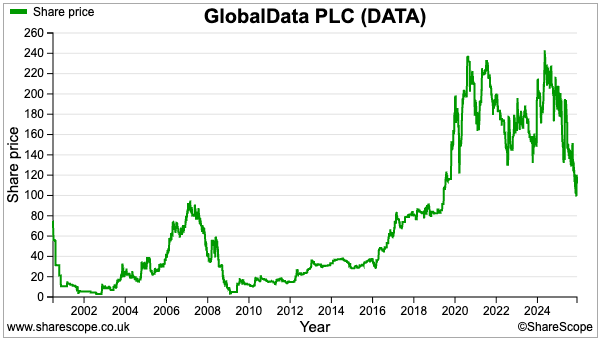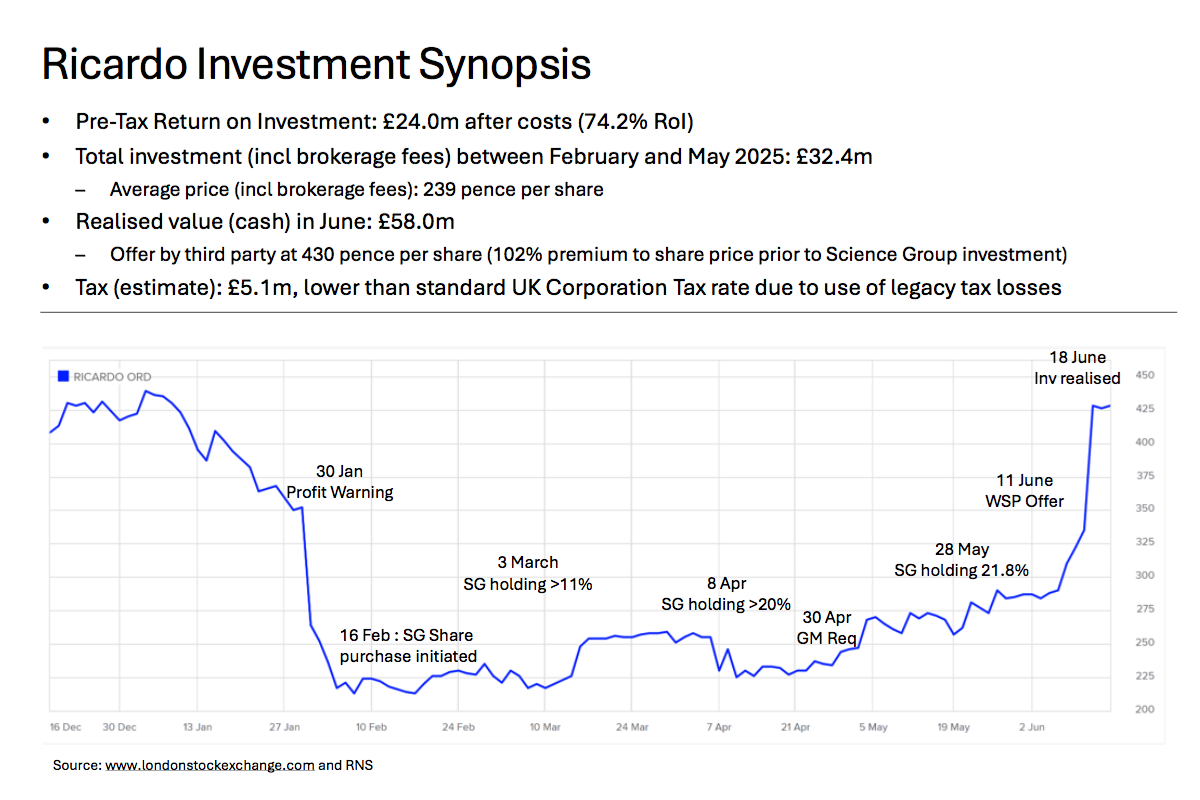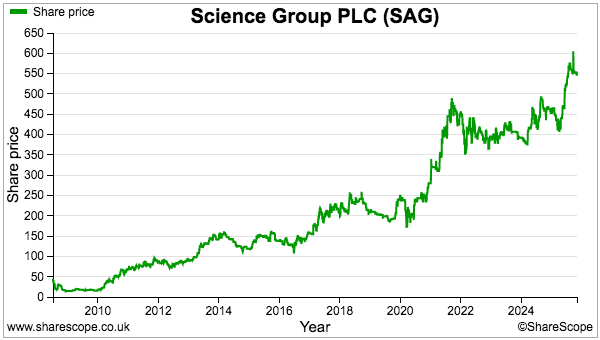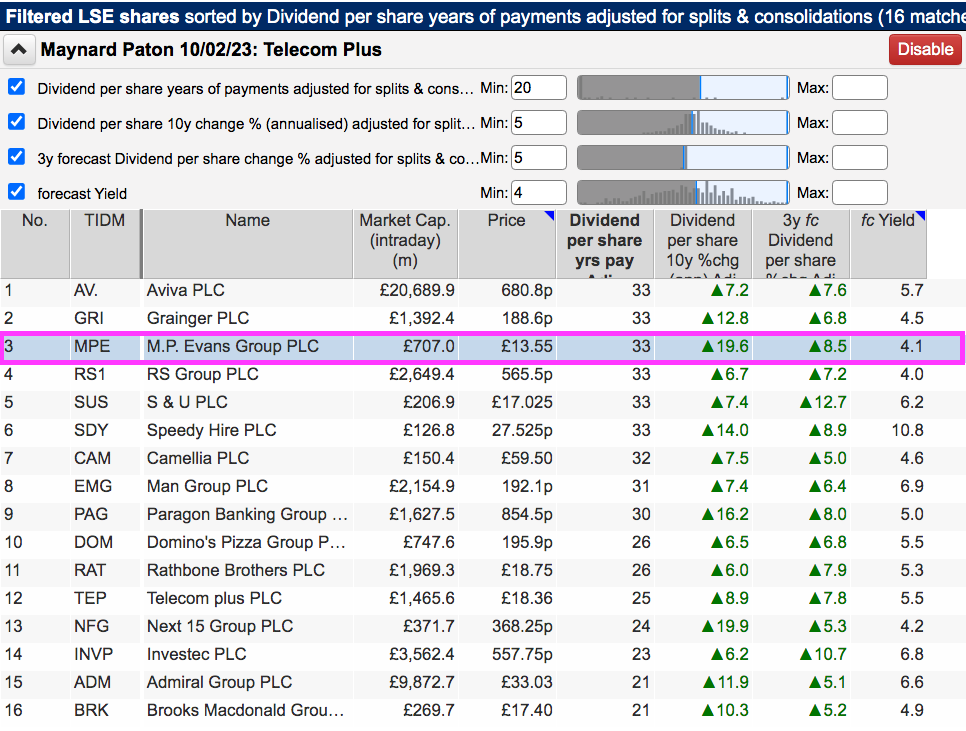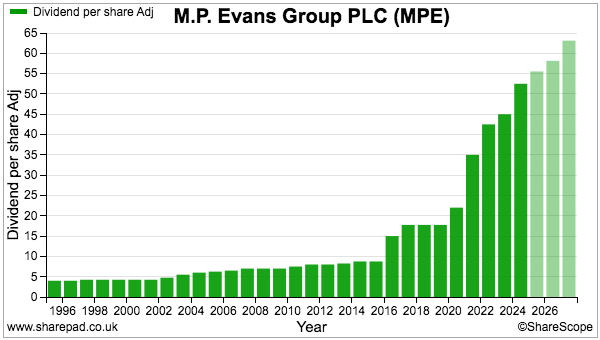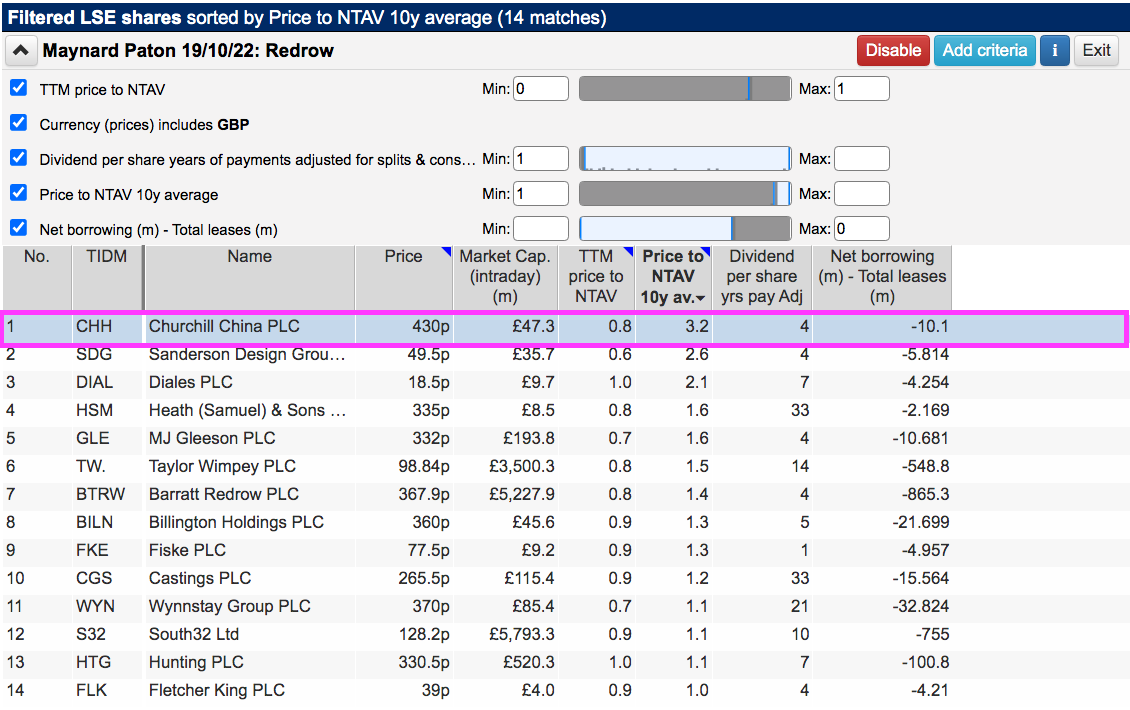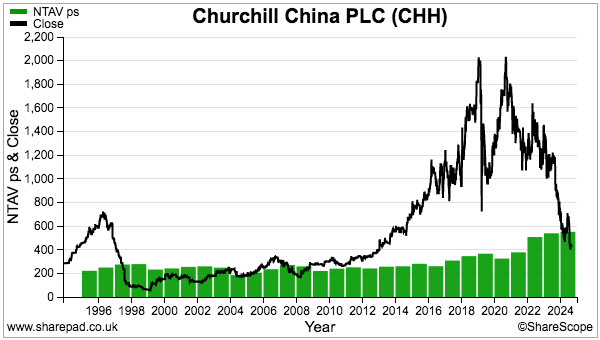***ShareScope New Subscriber Special Offer***
Readers of my blog can enjoy a 20% first-year discount! Click here for details >>
21 February 2026
By Maynard Paton
Last month I revisited a ShareScope screen that applied two ratios favoured by ‘quality’ investors — operating margin and return on equity (ROE).
The filtering then returned 19 matches and I opted to study Hollywood Bowl.
This month I have re-run the same ShareScope screen and once again received 19 matches. As a reminder, the primary criteria of this screen are:
- An operating margin (latest and 10-year average) of 20% or more, and;
- An ROE (latest and 10-year average) of 20% or more.
Any business with a margin and ROE of at least 20% is probably quite special.
To narrow the field down further, I also sought companies that carried net cash (i.e. net borrowings excluding IFRS 16 finance leases of less than zero):
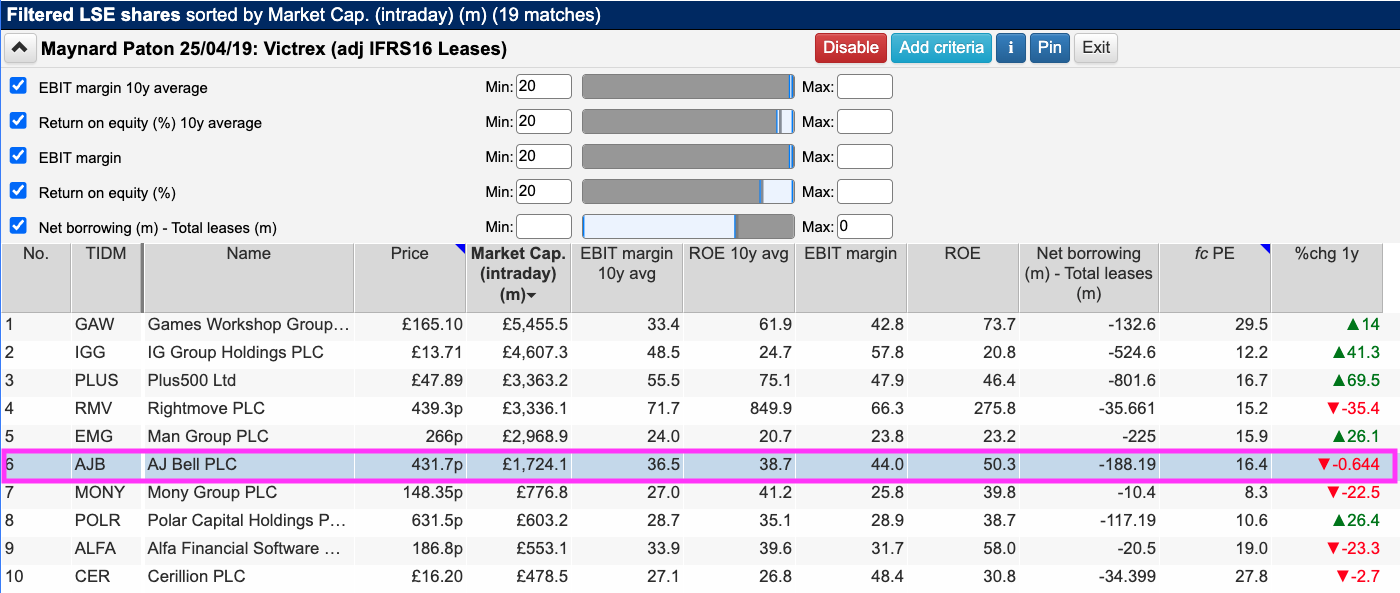
This time I selected AJ Bell, primarily because I have been a customer of the investing platform for 25 years. ShareScope also shows AJ Bell registering a wonderful 40%-plus margin and ROE since 2023:
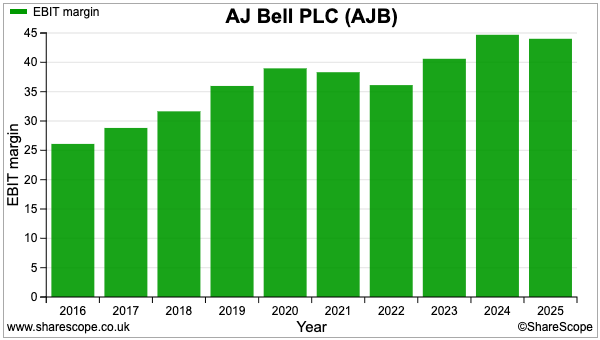
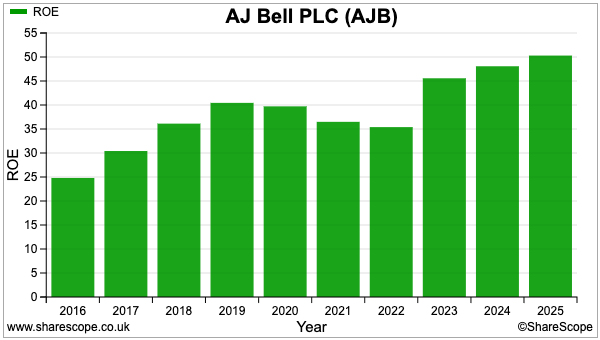
Let’s take a closer look.
Read my full AJ BELL article for ShareScope >>Maynard Paton
